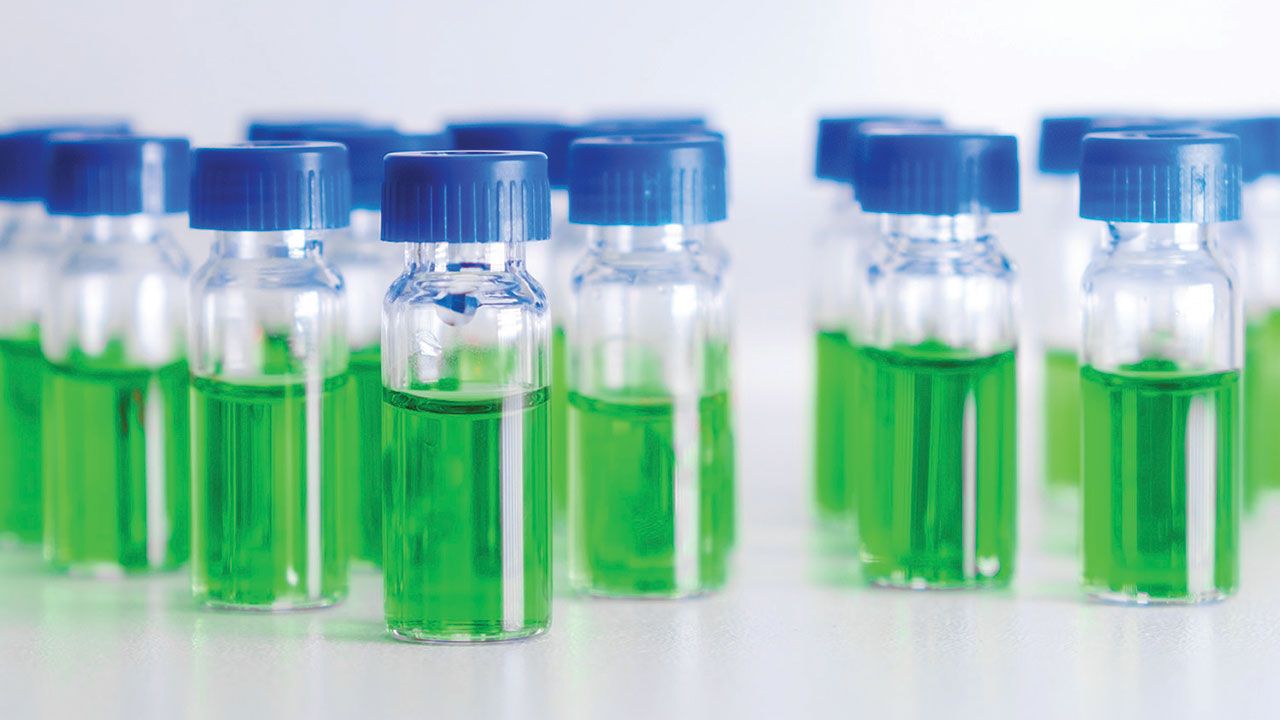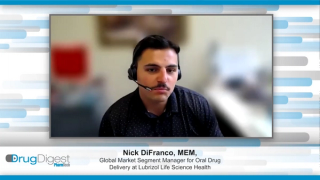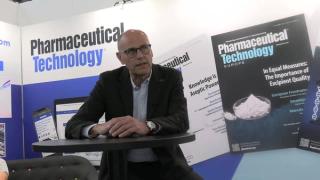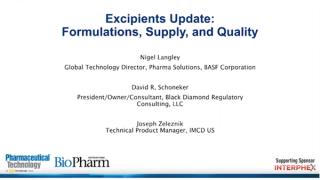
APIs and Excipients
Latest News
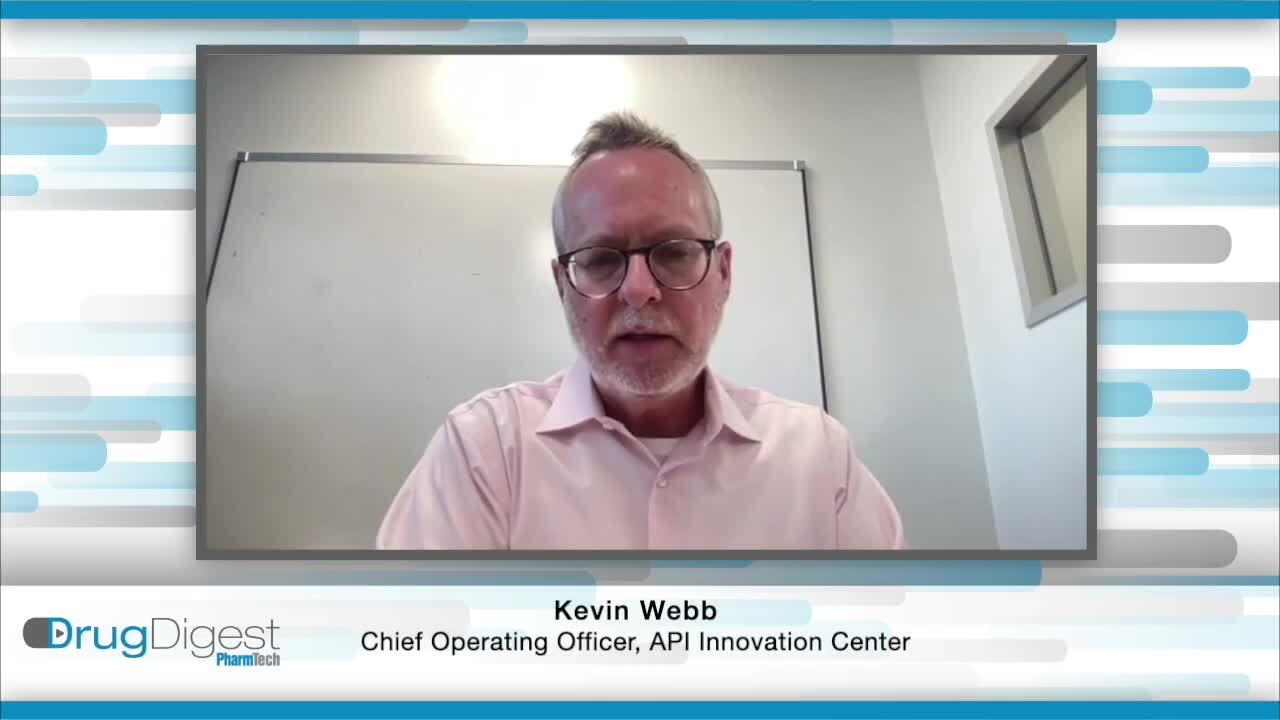
Latest Videos

More News

Qualifying material suppliers is a crucial step in ensuring safe and effective drug products.

Merck, known as MSD outside of the United States and Canada, will gain CN201, a next-generation bispecific antibody, from Curon Biopharmaceutical in a deal potentially worth up to $1.3 billion.

Genentech will have access to Sangamo’s capsid delivery platform and epigenetic regulation capabilities to develop genomic medicines for certain neurodegenerative diseases.

Biopharmaceutical production faces the challenge of ensuring the quality of raw materials due to a lack of specific guidelines. By implementing effective risk assessment strategies and working with reliable, selected solution providers, biopharmaceutical manufacturers can minimize these challenges and improve product quality.

A holistic approach to automation can provide benefits at all stages of development and manufacturing.
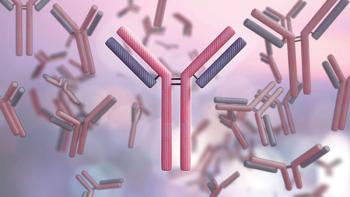
Platform processes and effective risk assessments help overcome time and cost challenges.

With the Series A funding, the new biotech company will advance the development of enhanced biologics for treating solid tumors and inflammatory and immunology diseases.

BeiGene has opened its new $800 million Hopewell, NJ-based biologics manufacturing facility, which also houses the company's clinical R&D capabilities.

GSK's MAA is supported by an interim analyis of Phase III trials, which demonstrated significant progression-free survival benefit and positive overall survival trends from Blenrep combination therapies.

With this acquisition, AstraZeneca gets a Phase III therapeutic peptide candidate that adds to the company's rare disease pipeline.

Johnson & Johnson gains NM26, a Phase II-ready bispecific antibody in development for atopic dermatitis, boosting its immune-mediated and inflammatory disease portfolio.

Weighing development costs/resources and performance benefits is essential.

Roche voluntarily recalled Susvimo’s ocular implant, insertion tool, and initial fill kit when test results did not satisfy company standards.

Other indications for which the Sanofi treatment has been approved include atopic dermatitis, asthma, and chronic rhinosinusitis.

LenioBio and Labscoop's new strategic partnership is aimed at increasing access to scalable cell-free protein synthesis technology across North America.

This acquisition will give AbbVie acces to Celsius Therapeutics' lead drug candidate, CEL383, a potential first-in-class anti-TREM1 antibody for treating IBD.

Johnson & Johnson gets two bispecific antibodies in early phase development for immune-mediated diseases through its Proteologix acquisition.

Key information is needed for excipients and their potential impact on continuous manufacturing processes.

Syngene's new production platform offers rapid protein synthesis with lower risk.

Lilly’s investment increase is intended to boost manufacturing capacity at its Lebanon, Ind., site for APIs used in the production of tirzepatide and other pipeline drug candidates.

FDA granted priority review to Sanofi's sBLA for Sarclisa in combination with VRd in treating transplant-ineligible patients who are newly diagnosed with multiple myeloma.

Johnson & Johnson will gain NM26, a bispecific antibody targeting atopic dermatitis, via the acquisition of a wholly owned subsidiary of Numab Therapeutics.

The partnership aims to provide end-to-end development and manufacturing for biopharmaceutical drug substance and drug product.

With the acquisition, Biogen gains felzartamab, HI-Bio's lead investigational mAb candidate being developed for the treatment of a range of immune-mediated diseases.

The new facility will be the company’s first to offer full manufacturing processing for antibody drug conjugates.




